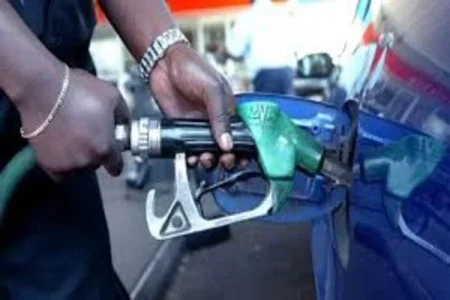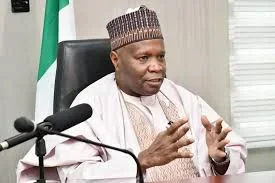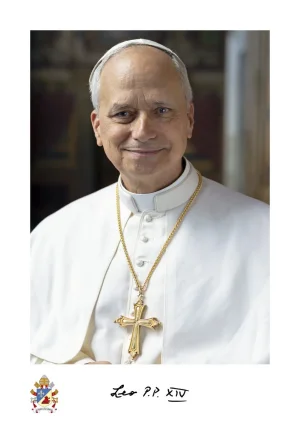
Experts warn of potential petrol price hikes in Nigeria due to geopolitical tensions and currency depreciation, following a recent increase to N1,030 per litre. The rising costs exacerbate inflation and economic hardship for citizens, highlighting the challenges of deregulation and the need for effective government policies.
Experts warn that the recent increase in petrol prices in Nigeria, now at N1,030 per litre, could rise further due to ongoing geopolitical tensions and a potential naira depreciation. The latest hike, which saw prices jump by 15% across the country, reflects concerns over crude oil prices amidst conflicts in the Middle East, notably between Iran and Israel.
Dr. Muda Yusuf, a prominent economist, emphasized the risks associated with full deregulation, cautioning that further increases in crude prices could exacerbate local petrol costs. His sentiments were echoed by Mr. Teslim Shitta-Bey, who noted that rising energy prices are contributing to soaring inflation, with the current rate hitting 27.5%.
This marks the second petrol price increase in just a month and underscores many Nigerians' economic strain. The situation has sparked frustration among citizens, particularly motorists, as prices have surged over 411% since President Bola Tinubu took office in May 2023.
Economists suggest that the government could mitigate these effects through better fiscal policies, including reduced taxes on essential goods, rather than merely relying on market deregulation. Additionally, any interventions from the Dangote Refinery would require favorable government policies to stabilize domestic prices. The implications of these price hikes extend beyond transportation costs, threatening to deepen the prevailing economic hardship for many households in Nigeria.
4o mini




